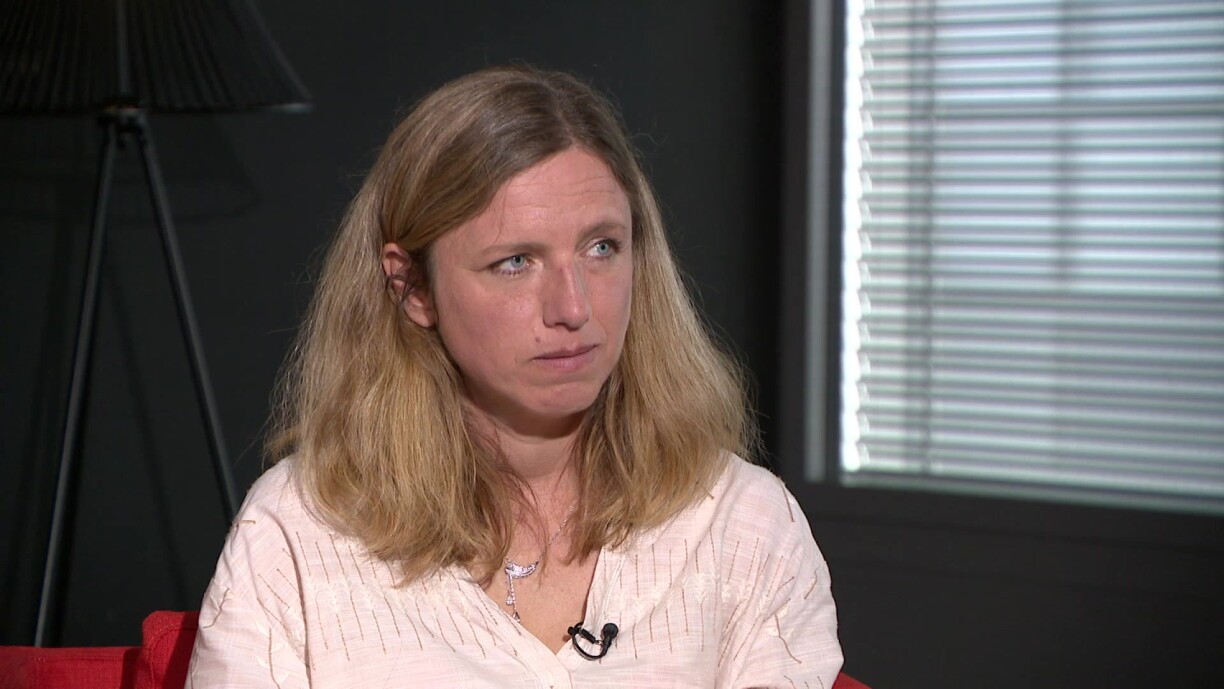
Reckinger has been with Caritas for over 12 years, and in this interview, she shared her experiences over the past two months since it was revealed that €61 million had been embezzled from the organisation.
“I speak for myself. I’m not speaking for the employees, the organisation, or the unions” she emphasised.
As the head of political advocacy, she has long been a vocal advocate for social justice. “I’ve always raised my voice against injustices in society, and I must remain true to that. Even when an injustice happens to us, as it has now, I can’t stay silent. Otherwise, I wouldn’t be able to look myself in the mirror.”
The fraud has left Caritas employees feeling betrayed and blindsided. While a crisis committee was quickly established, Reckinger expressed her disappointment at the complete lack of communication with staff following the scandal.
The core values of Caritas – compassion and support for society’s most vulnerable – were not extended to their own employees in this difficult time. Instead, one of the few messages they received was an instruction not to speak to the press, to avoid worsening the situation.
When asked whether she feared repercussions for speaking out, Reckinger admitted, “Of course people will be angry. But who am I supposed to turn to? Who’s even left?”
She also noted that she found out through the media that Christian Billon had stepped down from the crisis committee. “Does the crisis committee still exist? Who’s in charge? We’ve had absolutely zero communication. We’re left in limbo. I and 30 other employees understand we won’t be taken over. But that hasn’t even been officially said. We’re just waiting to be let go, without any idea of when or how.”
The negotiations for a social plan haven’t started yet. According to Reckinger, there may not even be a staff delegation left to negotiate since many personnel representatives will transition to the new entity, HUT, on 1 October.
Reckinger said she understands that neither the diocese nor the state would immediately cover the stolen €61 million. However, she’s deeply disappointed by the lack of empathy from the Church.
“But Caritas is the social arm of the Church. I would have expected a little empathy there. Not necessarily to open their wallets immediately, but no one has yet approached us or talked to us or sought conversation.”
Apart from the finance director, Reckinger does not criticise Caritas management, saying she felt “100% supported” in her work. She described her colleagues as dedicated individuals who committed themselves to their roles with heart and soul.
“It is very frightening for me to see how they have been put there now. They are not there anymore. I called those people, asked, ‘What’s going on? Why don’t you talk to us anymore?’ It’s not that they don’t want to talk to us; they received a letter saying they are not allowed to. And that is bad, because the employees have not been informed that they are no longer allowed to communicate.”
For many, it feels as if management has simply abandoned them.
In the RTL interview, Reckinger discussed the issue of Caritas activities being taken over by a service provider, HUT. She argued that the plea to improve the situation for the poorest in society is being ignored.
“Here in Luxembourg, we have a problem with growing poverty and increasing inequalities. If we do not seek ideas from the field to improve the situation and at least formulate recommendations based on the expertise of those involved, then we have a problem. This means that it will become increasingly expensive for us, as we must provide more funds for that help. It appears to be heading in that direction, which is a setback for civil society.”
Reckinger speculated that fear might be a factor in why political advocacy isn’t being taken over by HUT. “There is a fear that if you are a critical voice, you won’t be able to secure the necessary funding to get the new organisations up and running. But this is short-sighted; it will cost our society more in the long run if we don’t simultaneously try to reduce inequalities and combat poverty.”
Full interview in Luxembourgish: